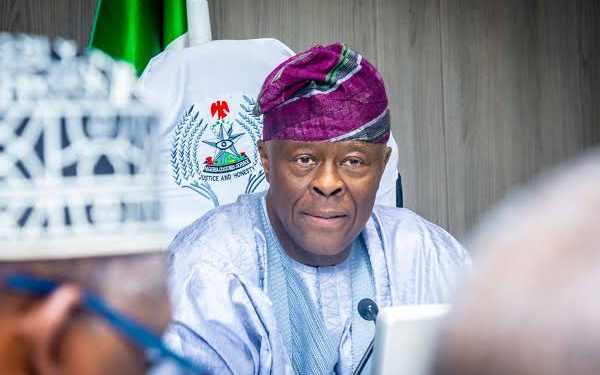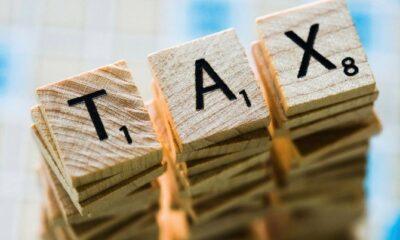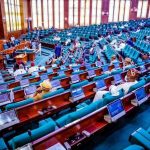The federal government has moved to calm concerns over a proposed 5 per cent fuel surcharge, stating that there are no immediate plans to enforce the levy despite its inclusion in the recently signed Nigeria Tax Administration Act 2025.
The clarification follows growing criticism from labour unions and civil society groups, who fear the surcharge could further burden Nigerians already grappling with high living costs. At a press briefing in Abuja, the minister of finance explained that the surcharge was not a new tax created by the current administration, but an existing provision that has been part of Nigeria’s legal framework since 2007 under the Federal Road Maintenance Agency (FERMA) Act.
The surcharge was originally designed as a user charge to fund road maintenance, with proceeds shared between federal and state road agencies. Its reappearance in the new tax framework raised concerns that it would translate into higher fuel costs from 2026, sparking public backlash. Officials stressed, however, that its mere inclusion in the act does not trigger automatic implementation.
The Nigeria Tax Administration Act, signed in June, consolidates four major bills aimed at reforming the country’s tax system. It merges the Tax Reform Bill, the Revenue Service Bill, the Joint Revenue Board Bill, and the Tax Administration Bill into what government officials describe as the most comprehensive overhaul in decades. The reforms are intended to simplify compliance, eliminate overlapping charges, improve transparency, and boost revenue collection efficiency.
According to the minister, the new framework is part of a phased and evidence-driven reform process that has involved years of technical work and consultation. The overall reforms are due to take effect on 1 January 2026, but the surcharge will only come into effect if the finance minister issues a commencement order published in the official gazette. For now, no such order is being prepared.
The government’s clarification comes against the backdrop of intense economic pressure on households and businesses. Since fuel subsidies were removed in 2023, pump prices have more than doubled, pushing up transport costs, food prices, and the cost of doing business. Labour groups have warned that any new charges on petrol could escalate hardship and fuel social unrest.
The minister acknowledged these concerns, noting that government priority is on improving efficiency and plugging revenue leakages rather than imposing new burdens on citizens. He also framed the reforms as a signal to investors of Nigeria’s commitment to transparency and fiscal coordination between federal and state authorities.
Officials say proper communication will be critical in the months ahead, with plans for widespread sensitisation and education campaigns to explain the implications of the reforms. While the government has positioned the act as a tool to drive inclusive growth, the timing and sequencing of its implementation will be decisive in determining how Nigerians experience the changes.
For small businesses and households, the uncertainty around the surcharge underscores broader anxieties about rising operational costs and the impact of fiscal policy on daily life. For government, the challenge will be balancing the need for increased revenue with the urgent demand to protect citizens from deeper financial strain.










